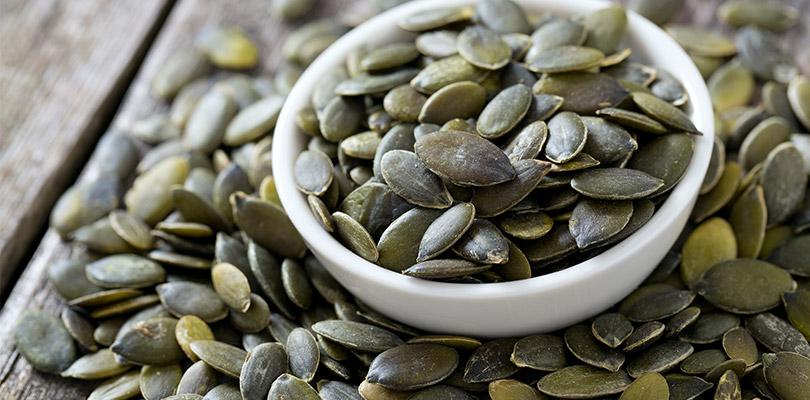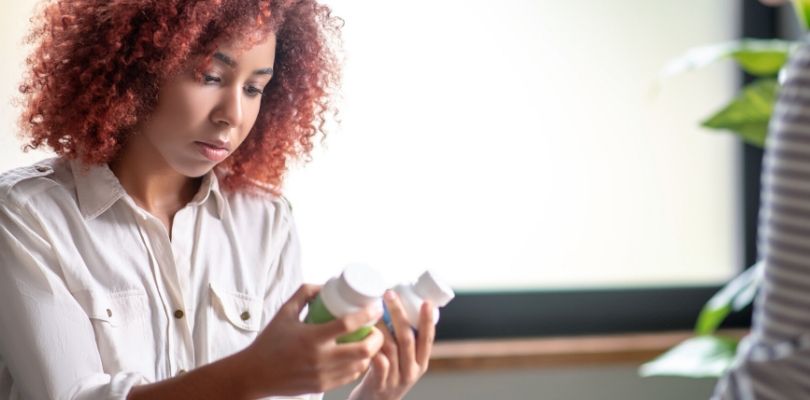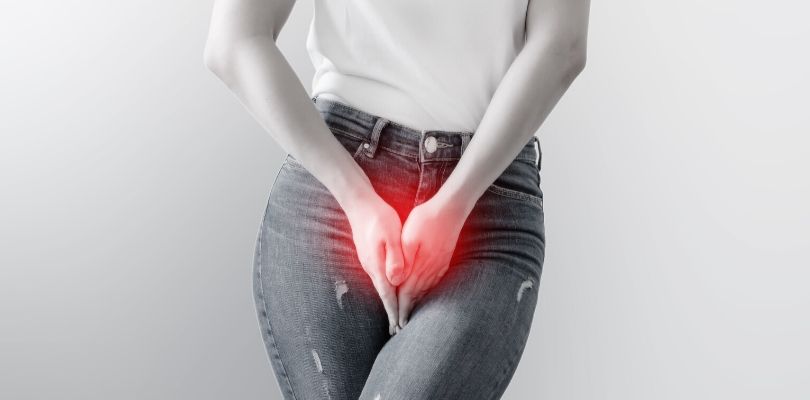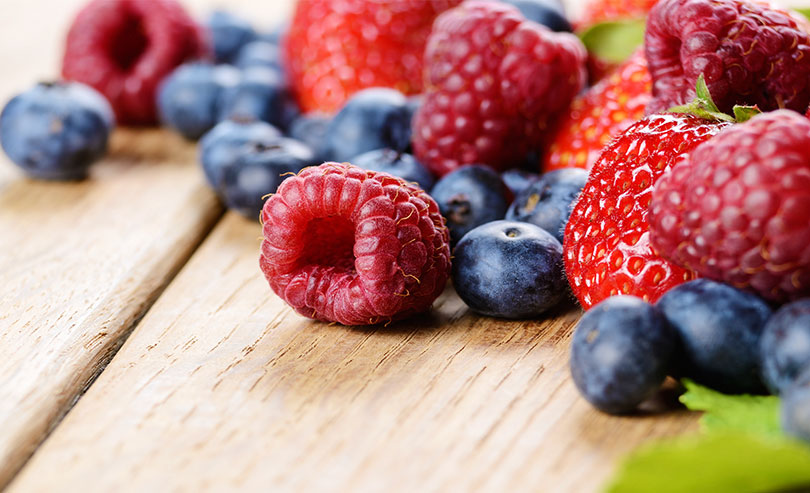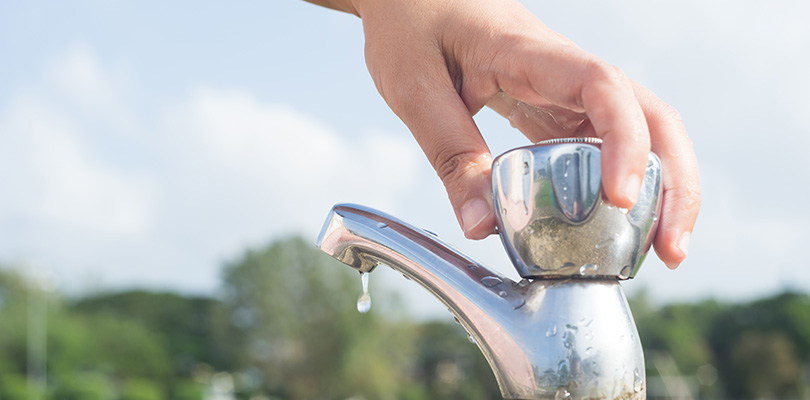Pumpkin Seeds for Overactive Bladder
Overactive bladder is an extremely prevalent condition, affecting about 15% of women. Overactive bladder is characterized by a strong, frequent urge to urinate, waking up during the night to urinate, and urinating more than eight times each day.
Many individuals with overactive bladder tend to stay away from social gatherings and restrict their work schedule to ward off any unwanted accidents. If you’re suffering from symptoms of overactive bladder, it’s advisable to have it treated early before it starts to significantly impact your daily life.
Cause of Overactive Bladder
Most people consider developing an overactive bladder to be part of the natural aging process; however, this isn’t a normal part of aging. Without a doubt, the risk of bladder issues increases with age, mostly due to other illnesses such as diabetes and prostate enlargement, but not all elderly people develop an overactive bladder.
Women develop an overactive bladder when their pelvic floor muscles and bladder muscles start weakening dramatically. Hormonal changes that occur after menopause are believed to be the cause of these anatomical alterations in the bladder sphincter that result in an overactive bladder.
In men, decrease in the male growth hormone, testosterone, causes weakening of the bladder sphincter and pelvic floor muscles. Estrogen deficiency, on the other hand, stimulates shrinkage of the tissues, which can result in overactive bladder.
Can Pumpkin Seeds Help Bladder Control?
Studies reveal that about one in six elderly people experience symptoms of overactive bladder, including urgency to urinate and recurrent urination both during the day and at night. Many middle-aged and elderly people with urinary problems often turn to prescription drugs for bladder control problems. However, consuming a few pumpkin seeds on a daily basis might be an effective and safe treatment for overactive bladder.
Researchers have reported promising results not only in animal, but also human studies, utilizing pumpkin seeds to treat overactive bladder, revealing a substantial reduction in the frequency of daytime and night urination and enhanced quality of sleep. Moreover, pumpkin seeds seem to offer a major reprieve for aging men suffering from urinary problems triggered by benign prostatic hyperplasia (BPH) or an expanded prostate.
One study revealed that pumpkin seed oil taken for three months by 53 men between the ages of 50 and 80 years improved urine stream by 40%, and lowered nighttime urination by 30% compared to those in the placebo group.
Why Try Pumpkin Seeds for Overactive Bladder?
In addition to relieving bladder problems, pumpkin seeds have emerged as an effective remedy for overactive bladder. In a three-month study, researchers administered 10 grams of these valuable seeds to men and women on a daily basis. Participants detected a major improvement in all parts of bladder health, ranging from the frequency of bathroom visits to frequency of urine accidents.
They realized a relief in their symptoms within just six weeks. Several studies have shown that pumpkin seeds can:
- Decrease the frequency of urination
- Rebuild estrogen in the bladder
- Actively trigger bladder relaxation
- Minimize the sensation of urgency
- Reduce bladder spasms
- Raise bladder capacity
- Promote tissue building to strengthen pelvic floor muscles
- Increase nitric oxide production in the body that helps to maintain normal control of the bladder
Pumpkin seeds appear to be helpful in relieving irritating bladder symptoms, including bladder pain, burning while urinating and bladder pressure. They also help in managing nighttime urinary symptoms, which is crucial to achieving an adequate night’s sleep.
The encouraging results from numerous studies, coupled with the rich nutrients packed in these tiny seeds, make pumpkin seeds worth trying for the treatment of overactive bladder.
Three overactive bladder surgery options include Botox injections, bladder augmentation, and sacral nerve stimulation. Learn more about each procedure here.
What Is the Right Dosage of Pumpkin Seed Oil for Overactive Bladder?
There are two major ways to take these medicinal seeds:
- Capsules
- Oil
It’s advisable to take pumpkin seed oil after a meal, instead of on an empty stomach, to enhance absorption of not only its nutrients but also those available in other foods. Various studies appear to recommend a dose of about 1,000 milligrams two times daily to experience therapeutic benefit.
How Does Pumpkin Seed Oil Work?
The pumpkin seed oil acts an anabolic, meaning it can effectively strengthen the pelvic floor muscles. This medicinal herb also acts by combining with the androgen receptor present on the pelvic muscle cells, resulting in a strengthening effect. By improving the structural integrity of your pelvic muscles, this oil helps to restore proper functioning of your bladder.
Side Effects of Pumpkin Seed Oil
Pumpkin seed oil has very few side effects. In one study involving 2,000 participants, 96% of participants didn’t experience any adverse effect. A few of the people who did experience side effects complained of nausea, upset stomach and diarrhea.
Conclusion
If you’re looking for a natural remedy to deal with an overactive bladder and improve the overall health of your bladder, then pumpkin seed oil may be the right choice for you. Its ability to improve urinary frequency can make life more enjoyable.
The good thing with pumpkin seeds is that they are readily available and don’t require a doctor’s prescription. Many grocery stores stock pumpkin seeds, and pumpkin seed oil and pumpkin seed products can be purchased from most pharmacies. However, as with any new treatment, speak with your doctor before adding this into your treatment regimen for overactive bladder.
